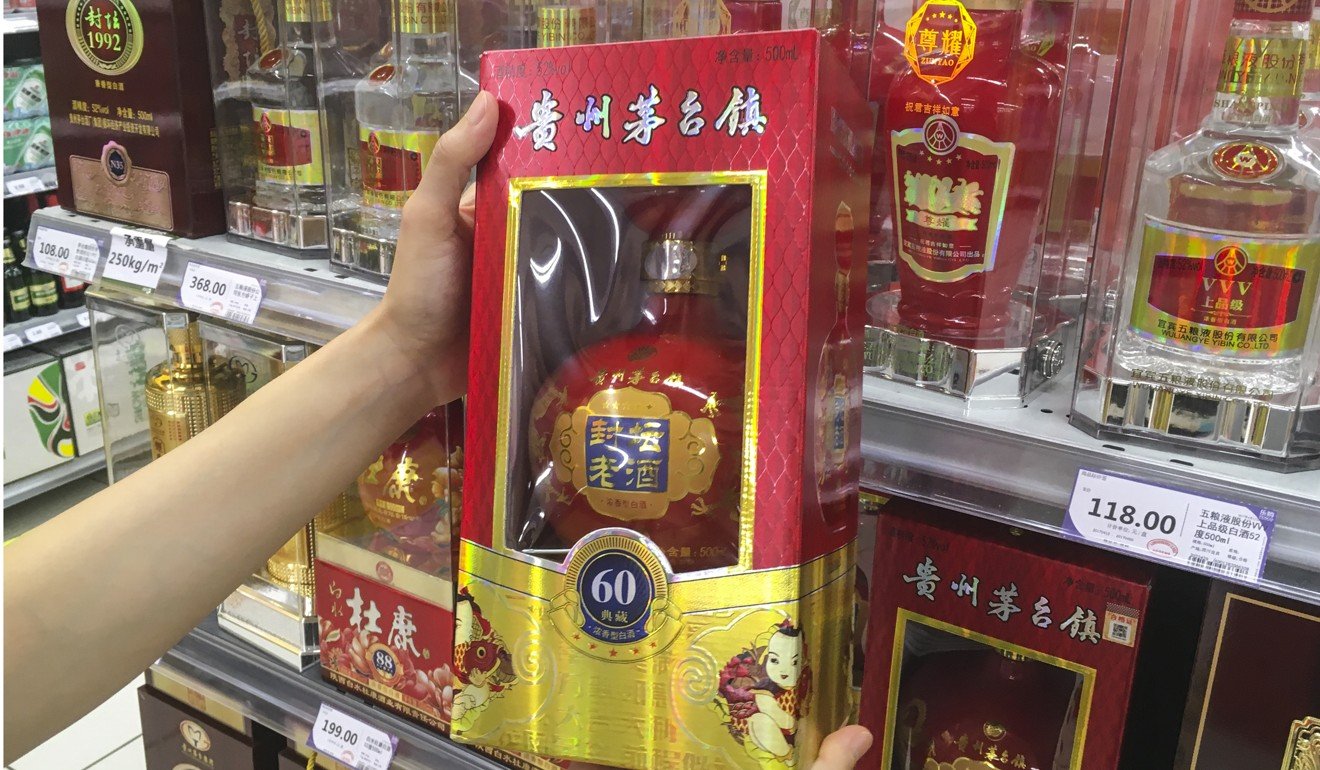
New technology on the road set to revive alcohol sales, says Morgan Stanley
When the Chinese government first cracked down on drink driving in 2011, the country’s spirits industry took a hit. Then lawmakers doubled down with even harsher penalties two years later, which led to “readjustment period” for the industry.
But help is on the way for both the sellers of alcohol and drinkers – from an unexpected corner.
A recent Morgan Stanley report forecast that the global alcoholic beverage market could get an extra US$98 billion boost by 2025 thanks to the advent of car-sharing and driverless cars.
The report said the arrival of such technology is a “significant growth opportunity” for alcoholic drinks as the average global alcohol consumption growth rate is forecast to accelerate from 2.2 per cent a year currently to 3 per cent by 2025.
The trend would be particularly good for the alcohol market in countries such as China, Scotland and Columbia where liquor sales have been hit hard by drink-driving laws, said the Morgan Stanley analysts led by Adam Jonas.
According to Morgan Stanley’s estimation, there are currently 380 billion hours a year spent drinking alcohol. In the future, the current 600 billion passenger hours a year currently spent in automobiles could also be freed up for more alcohol consumption.
“[There will be] more opportunities to drink before getting in the car. [And] more opportunities to drink while in the car,” Jonas wrote.
He said self-driving cars and autonomous vehicles could free up drinkers to consume one incremental alcoholic beverage per week on average. As a result, he expects 80 basis points of annual revenue growth will be added to alcohol sales over the next decade.
Morgan Stanley also said the current global market size for alcoholic drinks is about US$1.5 trillion.
The analysts cited Constellation Brands, Anheuser-Busch InBev, Diageo, Brown-Forman and Kweichow Moutai, China’s most famous distiller, as the “best positioned” beverage stocks to benefit from the trend.
Zhu Danpeng, an associate with the China Branding Institute, said the harsh regulations on drink-driving in recent years has made an impact on the country’s Baijiu industry.

One of the signs of recovery can be seen in Shanghai-listed shares of Moutai, which have quadrupled since 2014. The shares have been trading within a record high range of between 510 yuan and 520 yuan since the beginning of October, making it the most pricey of China’s 3,100 traded stocks.
Based in the township of Maotai, the company was valued at 617 billion yuan (US$93.7 billion) in August, according to Reuters data. In April, it unseated Johnnie Walker producer Diageo, which has a market value of US$71.05 billion, as the world’s most valuable liquor company.
In the first six months of this year, Moutai’s market value surpassed the gross domestic product of its home province of Guizhou.
Moutai isn’t alone – other Baijiu stocks have been gaining momentum. The SWS Baijiu index has grown more than 50 per cent this year, surpassing the annual growth rate of the past three years, which has fluctuated between 23 per cent and 43 per cent.
According to data from Wind Financial Terminal, 16 of the 18 Baijiu companies on the SWS Baijiu index have seen revenue growth this year.
In terms of net profits, 15 companies on the index have seen earnings growth, with Tuopai Shede Wine and Jiuguijiu posting net profits almost double that of the previous year.
But some analysts believe China’s alcohol industry is still a long way from full recovery after sales growth slowed on the back of stricter drink driving enforcement and President Xi Jinping’s frugality campaign, which limits official’s spending on alcohol and banquets.
“The Baijiu industry has gone through four years of readjustment and now we have seen signs of recovery. But I think we still have a long way to go before full recovery,” Wang Qi, executive vice chairman of the China Alcoholic Drink Association, told China News Service last month.
Chinese companies have been investing heavily in the development of self-driving cars. Search engine giant Baidu announced a US$1.52 billion autonomous driving fund last month as part of a wider plan to speed up its technical development and compete with US rivals.
The Apollo Fund will invest in 100 autonomous driving projects over the next three years, Baidu said in a statement.

